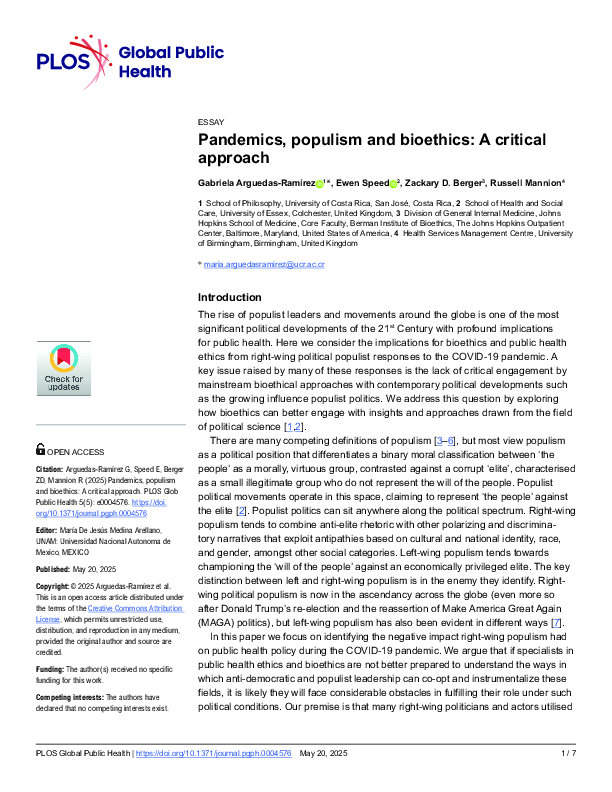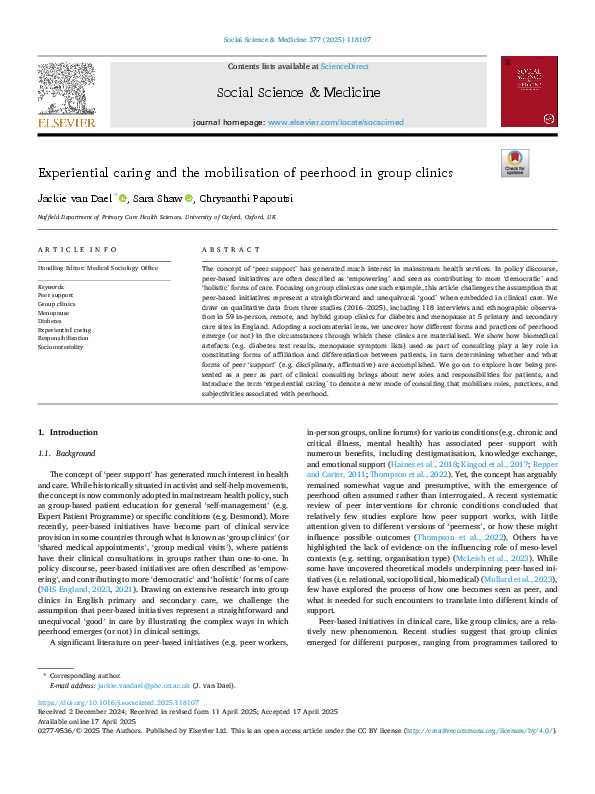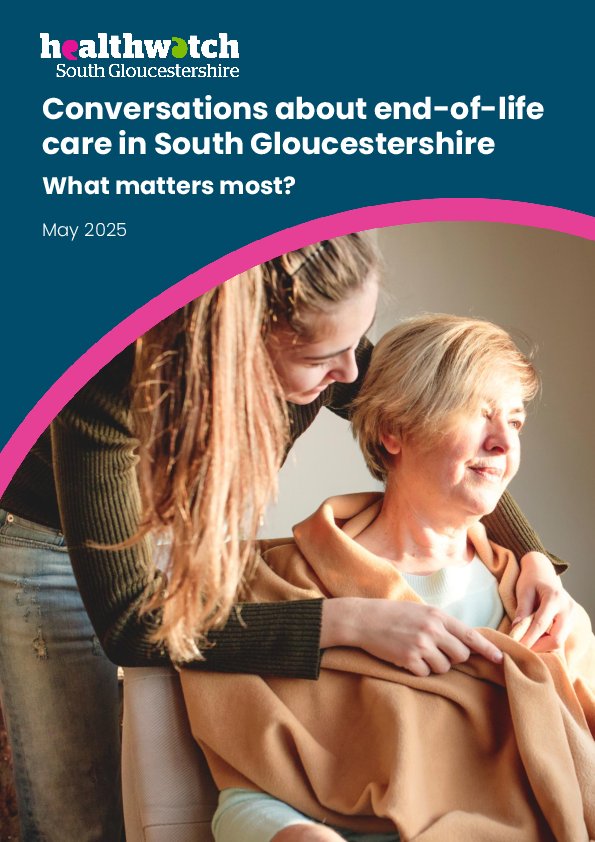The concept of 'peer support' has generated much interest in mainstream health services. In policy discourse, peer - based initiatives are often described as 'empowering' and seen as contributing to more 'democratic' and 'holistic' forms of care. Focusing on group clinics as one such example, this article challenges the assumption that peer - based initiatives represent a straightforward and unequivocal 'good' when embedded in clinical care. We draw on qualitative data from three studies (2016 - 2025), including 118 interviews and ethnographic observa - tion in 59 in - person, remote, and hybrid group clinics for diabetes and menopause at 5 primary and secondary care sites in England. Adopting a sociomaterial lens, we uncover how different forms and practices of peerhood emerge (or not) in the circumstances through which these clinics are materialised. We show how biomedical artefacts (e. g. diabetes test results, menopause symptom lists) used as part of consulting play a key role in constituting forms of affiliation and differentiation between patients, in turn determining whether and what forms of peer 'support' (e. g. disciplinary, affirmative) are accomplished. We go on to explore how being pre - sented as a peer as part of clinical consulting brings about new roles and responsibilities for patients, and introduce the term 'experiential caring' to denote a new mode of consulting that mobilises roles, practices, and subjectivities associated with peerhood.
[less] The concept of 'peer support' has generated much interest in mainstream health services. In policy discourse, peer - based initiatives are often described as 'empowering' and seen as contributing to more 'democratic' and 'holistic' forms of care. Focusing on group clinics as...
[more]






